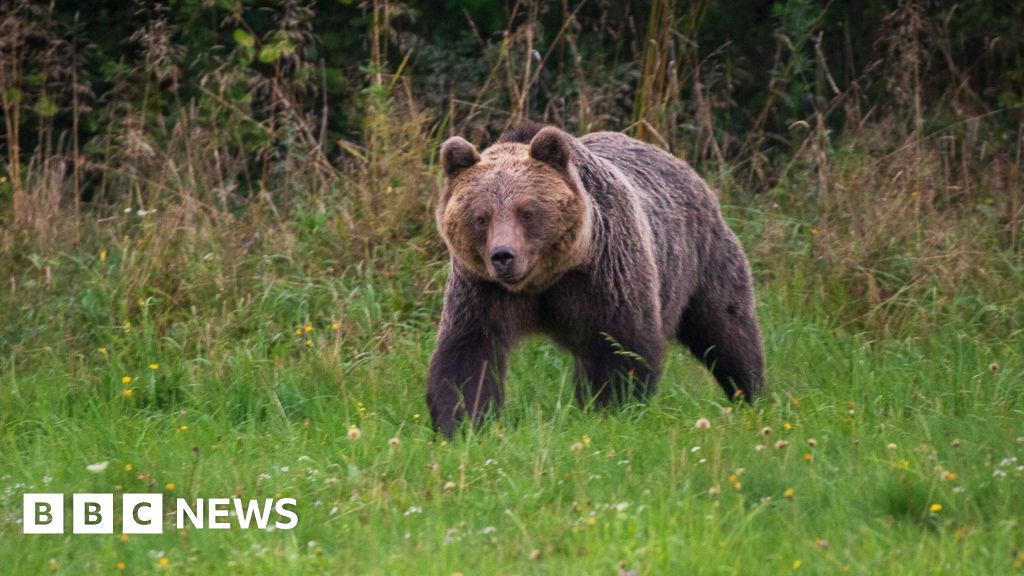Slovakia Approves Controversial Cull of Brown Bears Following Fatal Attack

In a significant and controversial move, the Slovak government has approved a plan to cull approximately 350 brown bears, which represents nearly a quarter of the country's estimated population of 1,300 bears. This drastic measure comes in the wake of a tragic incident in which a 59-year-old man was mauled to death while walking in a forest in Central Slovakia. During a cabinet meeting, Prime Minister Robert Fico, leading a populist-nationalist administration, emphasized the urgent need for public safety, stating, "We can't live in a country where people are afraid to go into the woods." This statement reflects a growing concern among the public regarding bear encounters as a series of attacks has raised alarm across the region. The situation has escalated to the point where a special state of emergency has been declared, allowing for the shooting of bears. Initially localized, this emergency measure has now been expanded to cover 55 out of 79 districts in Slovakia, effectively encompassing most of the nation. This extension underscores the government's commitment to prioritizing human safety in light of recent bear-related attacks. The administration's decision is not without controversy; the government has already relaxed regulations regarding bear protection, enabling the shooting of bears that venture too close to populated areas. By the end of 2024, 93 bears had already been killed under these lenient policies. This latest announcement has drawn sharp criticism from conservationists and environmentalists, who argue that such a cull is not only detrimental to the bear population but may also violate international conservation obligations. Experts like Michal Wiezek, an ecologist and Member of the European Parliament for the opposition party Progressive Slovakia, have publicly condemned the culling plan. Wiezek described the government's reaction as "absurd," arguing that it is an irresponsible response to what he considers a manageable issue. He highlighted that the Environment Ministry has failed to address the root causes of bear attacks, instead opting for a severe culling strategy as a cover for their own inadequacies. Wiezek pointed out that there are thousands of peaceful encounters between humans and bears each year that go without incident, suggesting that alternative measures could be employed to mitigate risks rather than resorting to mass culling. The tragic incident that prompted this government response occurred near the town of Detva, where search and rescue teams located the victim's body in the forest. Authorities confirmed that his injuries were consistent with those sustained during a bear attack. He had been reported missing the day prior, after not returning from his walk in the woods. As the situation unfolds, there are calls for intervention from the European Commission, as many conservationists fear that the culling could set a troubling precedent for wildlife management not just in Slovakia, but across Europe. The debate continues over the balance between human safety and wildlife conservation, underscoring the complexities involved in managing shared habitats between people and wildlife.



















